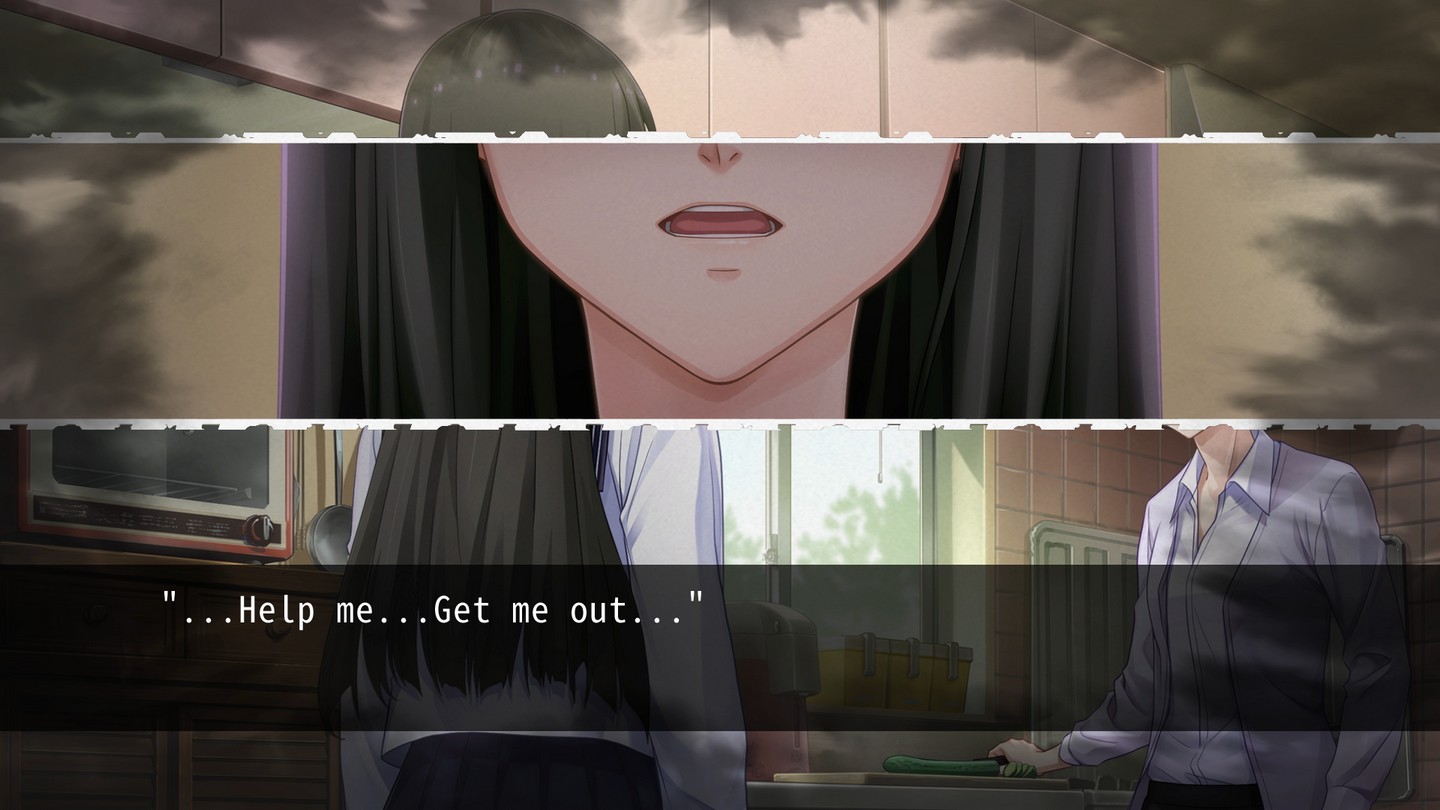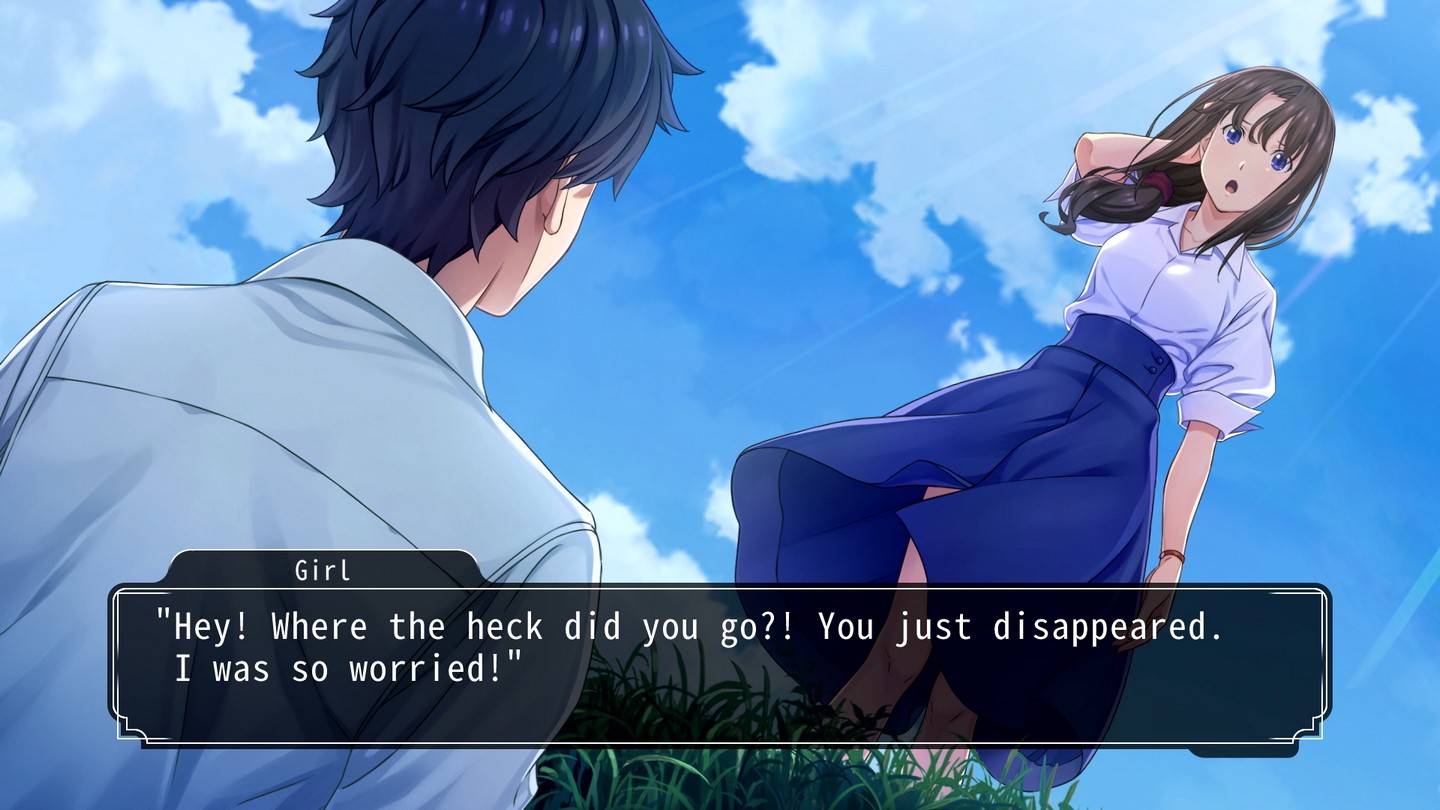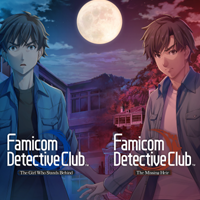LOTS OF DEAD PEOPLE FOR A NINTENDO GAME.
This may be an odd assessment of Nintendo, but I think they are at their best when tackling more grim subject matter. Chibi-Robo!, Super Paper Mario, and Majora’s Mask are some of my favorite Nintendo titles as the narratives explore some serious topics which goes against Nintendo’s more family friendly, Disney-esque appearance. However, most of these more mature stories wouldn’t be produced or come to the West until the 2000s. Nintendo was reluctant to release games that had more questionable content to Western audiences and this is likely why the two Famicom Detective Club titles never got an English translation until now.
Originally being released for the Famicom Disk System as two two-part releases and later being remade for the Super Famicom, the Famicom Detective Club games unfortunately feel like games originally released in 1988/89. The constant necessity to ask characters the same question over and over to receive more information is dated and irritating as well as possibly being a limitation of the disk technology. This is by far the biggest fault of the Famicom Detective Club games, but it is due to how much this game accurately recreates the original experience that this still remains.

PLATFORMS: SWITCH
MSRP: $34.99 EACH or $59.99 BOTH
PRICE I’D PAY: IT’S COMPLICATED
I went and watched partial playthroughs of the original and the Super Famicom remakes and shots are recreated one to one and forgiving a few localization choices between the official and fan translations this may be one of the truest to the original remakes out there in video games. I think this may also be a case for why that isn’t a great thing because Detective Club could have definitely used some more modern design choices when it came to dialog, because while the game looks fantastic with its new coat of paint and pretty good animation, the constant necessity of having to essentially ask NPCs “…and then?” really brings this game down for me and that’s disappointing.
Early on in The Girl Who Stands Behind, the player is tasked with observing a body and trying to figure out how they died. It’s essentially a point and click section to search for evidence not dissimilar to the moments in the Ace Attorney series that don’t take place in a courtroom. The game highlights plenty of things to observe with text once the cursor is placed over it, however the correct answer does not highlight which made me think there was nothing to observe. Had nothing been highlighted I think I would have logically made my way to the conclusion and been better off. It’s a weird spot to be in because I am essentially going back and criticizing the gameplay of a game that had no template to really work off of in the same way we do today. This game may have needed to make these mistakes so the next game following in its footsteps could succeed. I don’t know.
What I do know is that once I get past the gameplay, which was severely lacking in comparison to contemporary visual novels with detective elements, I am left with amazing dialog and stories that seem anachronistic. It is crazy that these mysteries feel as contemporary as they do despite the games clearly taking place in the 80s (and not the synthwave 80s nostalgia we seem to have now). Even returning to the original Ace Attorney games can feel like a much further step back in time with some of the elements of the story and in the localization. In a world where games breaking the fourth wall with story or mechanics seems to break the internet, Detective Club did it in 89. There’s a moment where the player interviews someone and another person sneaks up listening to the conversation and this is presented visually to the player.
The final sequence in The Girl Who Stands Behind is terrifying and the game isn’t even fully animated like a cartoon, but it works so well that I was made extremely uncomfortable. There’s plenty of moments like these that surprised me not only because they were legitimately surprising within the plot but that they released these games originally in 88/89. We still rarely have children die in video games and The Girl Who Stands Behind is all about the death of a high school student. I can’t go into too much detail because I do think there is a lot of value in the stories being told here.

I can’t say the Detective Club games are worth the asking price because I think the gameplay is a big hurdle to ask people to jump over to reach what are some great stories. It’s also weird that Nintendo chose to sell these titles separately. It’s clear a lot of work went into remaking these titles, but The Missing Heir feels more dynamic with the way scenes are set up while the prequel The Girl Who Stands Behind (it was originally released after The Missing Heir but chronologically takes place before) feels more like a plain adaptation with more static shots of characters talking face to face.
Was The Missing Heir recreated first? It’s a very minor thing, but it is odd for anyone playing in the original release order. It’s nice to see that I can choose the original Famicom Disk System or Super Famicom soundtracks but why can’t I play the originals; not that I want to necessarily, but the option would have made this package feel more historically important in Nintendo’s catalog. Also, when series like Ace Attorney or Jake Hunter release remakes of their games they are bundled together for around the price of one of these titles and play much better. I don’t think anything is gained by playing either Famicom Detective Club that can’t be gained by watching a playthrough because the puzzles are at best throwaway and at worst barely present. These are inherently flawed games, but if somehow the idea of slogging through menus isn’t a turn off there are absolutely two great, down to Earth murder mysteries to be experienced here.
Review copy of game provided by publisher.
